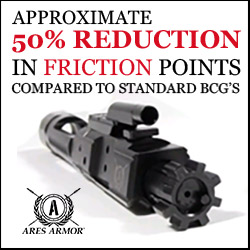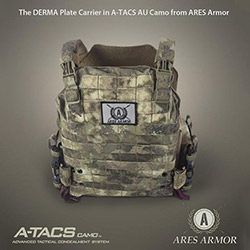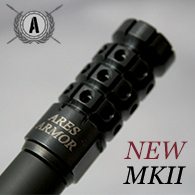What candidates—and statistics—say about gun violence in America.
With the 2016 presidential election on the horizon, candidates from both parties have developed stances on gun control and Second Amendment rights. As you might imagine, these stances vary greatly, and the recent Democratic debate sparked controversy over gun rights in America. Of particular interest to candidates on both sides of the debate were “assault” weapons bans, magazine restrictions, and universal background checks.
At the forefront of the debate was the notion of an “assault” weapons ban. Both Martin O’Malley and Hillary Clinton support legislation that bans or severely limits the sale of “assault” weapons, but the very term “assault weapon” is ambiguous and could open the door to the regulation of a wide variety of firearms. The sale of machine guns, short-barreled shotguns and a variety of other weapons has been regulated since the 1934 National Firearms Act, and today most candidates use the term to describe semiautomatic weapons like AR-15s. But the NRA-ILA contends that banning these firearms would have little effect on crime rates and would unfairly restrict American citizens from purchasing firearms designed for hunting, sport shooting and home defense.
photo credit: REUTERS/Kevin Lamarque
“ ‘Assault weapon’ is the term that gun control supporters use to malign general-purpose rifles like the AR-15,” says the NRA-ILA website. “Americans now own five million AR-15s, the number is growing by several hundred thousand annually, and the nation’s murder rate is down by more than half since 1991. They’re commonly used for home defense, sports (such as the NRA’s National Defense Match, NRA High Power, and Three-Gun), and hunting.”
The increase in the number of state-issued concealed carry permits and a growing number of right-to-carry laws has coincided with a significant drop in U.S. homicides—a fact rarely addressed when stricter gun control laws are being pushed.
“Forty-two states have Right-to-Carry laws, and 48 states prohibit cities from imposing gun laws more restrictive than state law,” says the NRA-ILA. “From 1991 to 2012, the total violent crime rate declined 49% to a 42-year low, and the murder rate declined by 52% to a 49-year low.”
Magazine restrictions, often erroneously referred to as “clip restrictions” by gun control advocates, are recommended by O’Malley, Clinton and others. Many self-defense handguns have magazines that hold more than 10 rounds, and these firearms would, under these proposed laws, be considered unlawful to own. But the NRA contests that magazine restrictions are not an effective means by which to control gun violence but rather another restriction that is aimed at gun owners and manufacturers.
“Most modern ammunition magazines designed for defensive purposes hold more than 10 rounds for handguns and 20 or more rounds for rifles,” says the NRA-ILA. “Not surprisingly, gun control supporters who claim that firearms aren’t useful for defensive purposes, claim that such magazines are also not useful for defense, but are instead only useful to criminals. The congressionally-mandated study of the federal ‘large’ magazine ban of 1994-2004 found that such magazines had only rarely been used in crime, a subsequent study found that revolvers were more associated with criminal gun injuries than semi-automatic pistols, and the official report on the Virginia Tech shooting concluded that a 10-round magazine limit would have not made much difference in the outcome of the crime. Americans own well over 100 million ‘large’ magazines and the nation’s murder rate is nearly at an all-time low.”
The issue of background checks has also taken center-stage in 2015, and several candidates are pushing for “more thorough” checks. But according to the NRA’s findings, background checks are not an effective means by which to control violence but rather a further restriction on gun owners. Current federal law requires anyone who purchases a firearm to be screened through the National Instant Criminal Background Check, or NICS, and felons are currently prohibited from owning firearms.
“Gun control supporters demand that sales and trades of firearms that don’t involve dealers be subject to NICS as well,” says the NRA-ILA. “They claim that such a law would prevent criminals from getting guns, but most criminals obtain guns from theft, the black market, or ‘straw purchasers’—people who can pass a background check and who buy guns for criminals. Furthermore, none of the high-profile crimes that they cite involved guns bought without a background check.”
The rights of America’s estimated 100 million gun owners are at stake, and legislation that, in effect, restricts or limits gun owners and does little to address the root causes of violence, serves little purpose in making American streets safer. The notion that purported “gun control” measures will help make the United States a more secure nation has not been backed by statistical evidence. It’s more important, then, that American gun owners understand that our rights as citizens must be preserved and that other significant issues in our culture like concerns over mental health are need to be addressed immediately. Taking firearms out of the hands of American citizens is not the answer to decreasing violence and preserving our rights.
-Brad Fitzpatrick
Writer/Contributor
October 22, 2015










